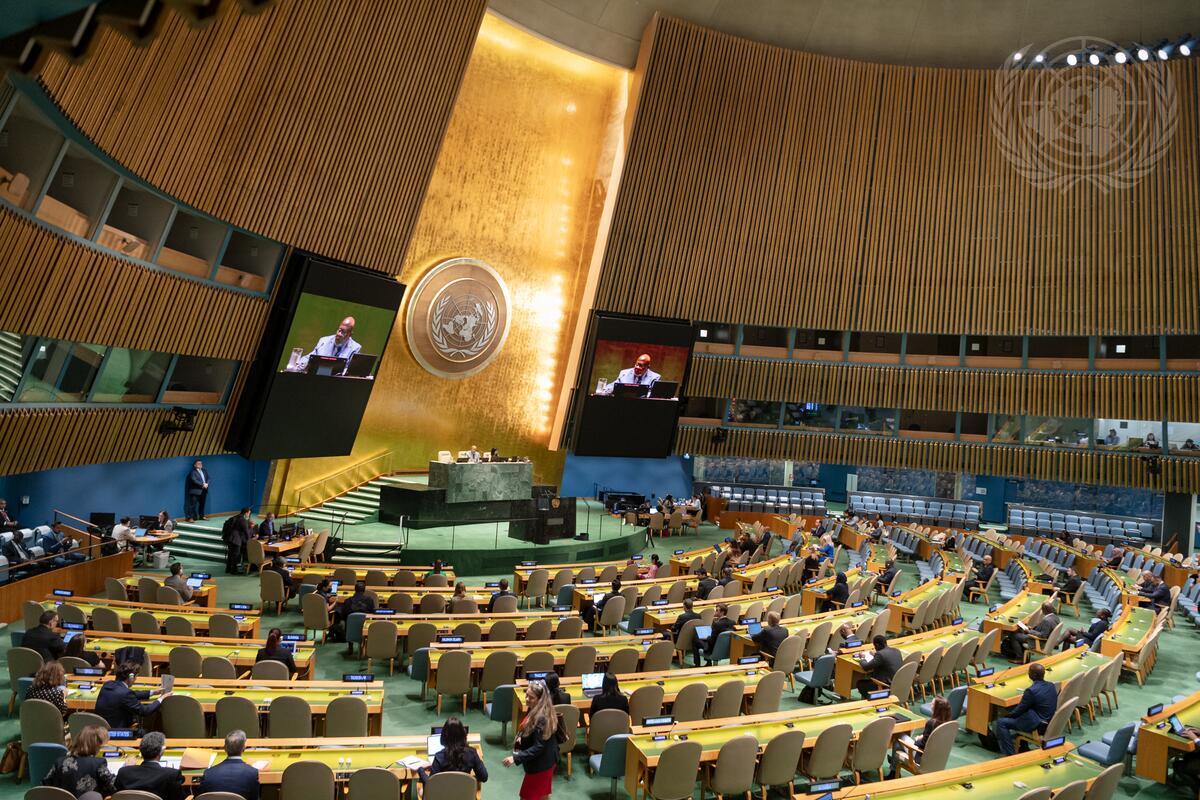Campaign update: On 17 October, at the General Assembly’s Third Committee, Belgium, the Netherlands and Luxembourg raised six individual cases of reprisals for the first time in this space. They spoke out on the cases of Abdulhadi Al-Khawaja (Bahrain), Li Qiaochu (China), Pham Doan Trang (Viet Nam), Felix Maradiaga (Nicaragua), Kadar Abdi Ibrahim (Djibouti) and members of Human Rights Centre Viasna (Belarus).
We welcome this practice, which we have been advocating for and through which States can demonstrate solidarity with victims, raise political costs and contribute to accountability for perpetrators.
Two of the above-mentioned cases were included in our annual campaign to #EndReprisals, namely the cases of Trang and Abdulhadi. Others were part of our previous campaigns, including the cases of Kadar and Viasna.
These cases and additional others were also raised by delegations during the Interactive Dialogue on reprisals with the Assistant Secretary-General at the Human Rights Council in September. In Geneva, 11 States raised individual cases of intimidation and reprisal in 10 different countries and territories.
In addition, a cross-regional statement on reprisals led by Ireland and Uruguay was joined by 78 other States, as well as the European Union, bringing a total of 80 signatories* to this important statement. It was delivered at the General Assembly’s Third Committee during the General Discussion on the promotion and protection of human rights (Item 71) on 22 October.
Our work to #EndReprisals is not over until all human rights defenders can freely and safely engage with the United Nations. Join our mailing list to receive the latest updates on intimidation and reprisals at the UN and be involved in future #EndReprisals campaigns.
Join us!
*Afghanistan, Albania, Andorra, Antigua and Barbuda, Armenia, Australia, Austria, Bahamas, Belgium, Bosnia and Herzegovina, Brazil, Bulgaria, Cabo Verde, Canada, Chile, Colombia, Costa Rica, Croatia, Cyprus, Czechia, Denmark, Dominican Republic, Ecuador, El Salvador, Estonia, Fiji, Finland, France, Georgia, Germany, Greece, Guatemala, Honduras, Hungary, Iceland, Ireland, Italy, Japan, Jordan, Kiribati, Latvia, Liberia, Lichtenstein, Lithuania, Luxembourg, Malta, Marshall Islands, Mexico, Micronesia, Moldova, Monaco, Mongolia, Montenegro, Myanmar, Netherlands, New Zealand, North Macedonia, Norway, Palau, Panama, Paraguay, Peru, Poland, Portugal, Republic of Korea, Romania, Samoa, San Marino, Slovakia, Slovenia, Spain, Sweden, Switzerland, Timor-Leste, Turkiye, Tuvalu, UK, Ukraine, United States, Uruguay.




